JAJSAP6I June 2007 – September 2018 LM2735
PRODUCTION DATA.
- 1 特長
- 2 アプリケーション
- 3 概要
- 4 改訂履歴
- 5 Pin Configuration and Functions
- 6 Specifications
- 7 Detailed Description
-
8 Application and Implementation
- 8.1 Application Information
- 8.2
Typical Applications
- 8.2.1 LM2735X SOT-23 Design Example 1
- 8.2.2 LM2735Y SOT-23 Design Example 2
- 8.2.3 LM2735X WSON Design Example 3
- 8.2.4 LM2735Y WSON Design Example 4
- 8.2.5 LM2735Y MSOP-PowerPAD Design Example 5
- 8.2.6 LM2735X SOT-23 Design Example 6
- 8.2.7 LM2735Y SOT-23 Design Example 7
- 8.2.8 LM2735X SOT-23 Design Example 8
- 8.2.9 LM2735Y SOT-23 Design Example 9
- 8.2.10 LM2735X WSON Design Example 10
- 8.2.11 LM2735Y WSON Design Example 11
- 8.2.12 LM2735X WSON SEPIC Design Example 12
- 8.2.13 LM2735Y MSOP-PowerPAD SEPIC Design Example 13
- 8.2.14 LM2735X SOT-23 LED Design Example 14
- 8.2.15 LM2735Y WSON FlyBack Design Example 15
- 8.2.16 LM2735X SOT-23 LED Design Example 16 VRAIL > 5.5 V Application
- 8.2.17 LM2735X SOT-23 LED Design Example 17 Two-Input Voltage Rail Application
- 8.2.18 SEPIC Converter
- 9 Power Supply Recommendations
- 10Layout
- 11デバイスおよびドキュメントのサポート
- 12メカニカル、パッケージ、および注文情報
パッケージ・オプション
メカニカル・データ(パッケージ|ピン)
サーマルパッド・メカニカル・データ
- DGN|8
発注情報
6.6 Typical Characteristics
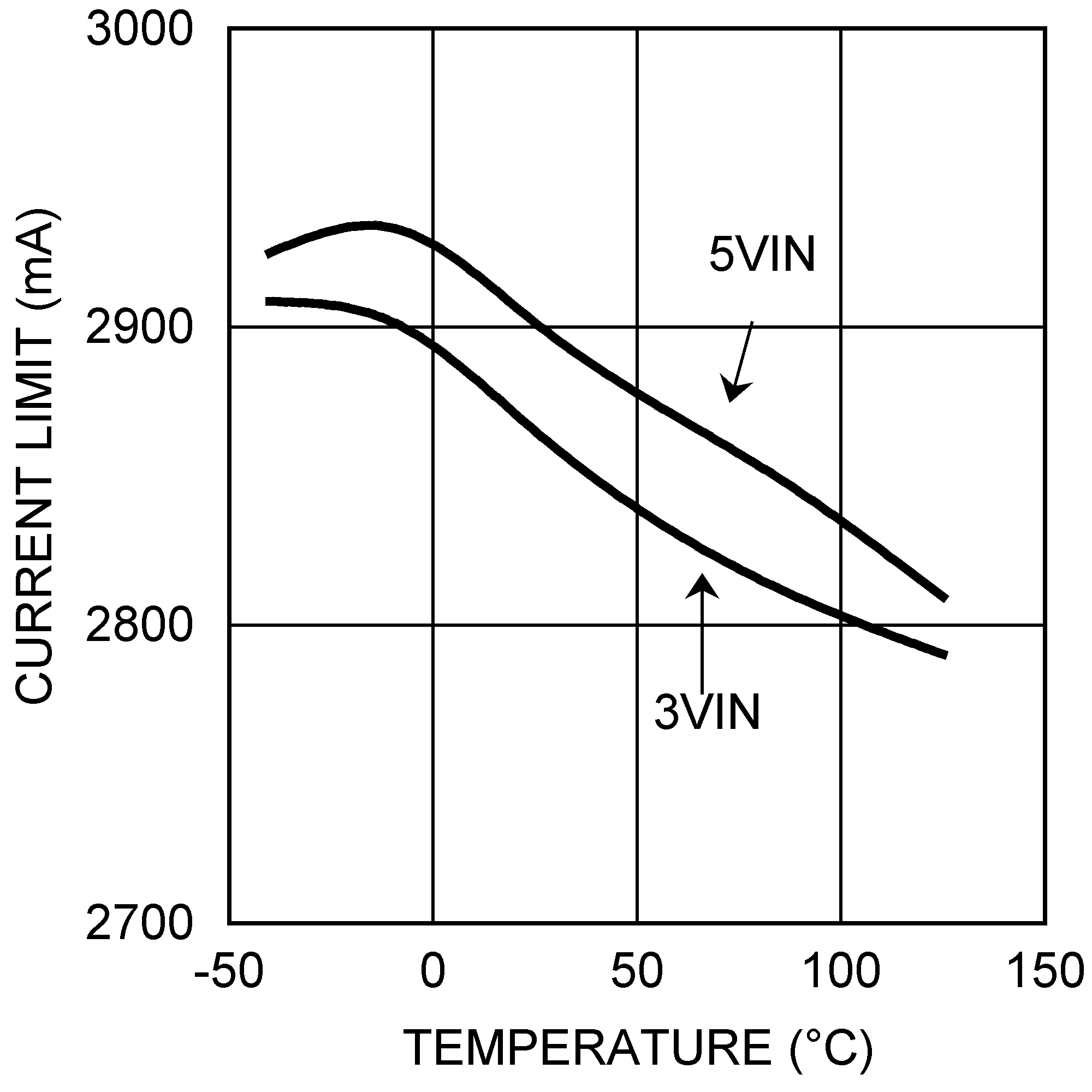 Figure 1. Current Limit vs Temperature
Figure 1. Current Limit vs Temperature 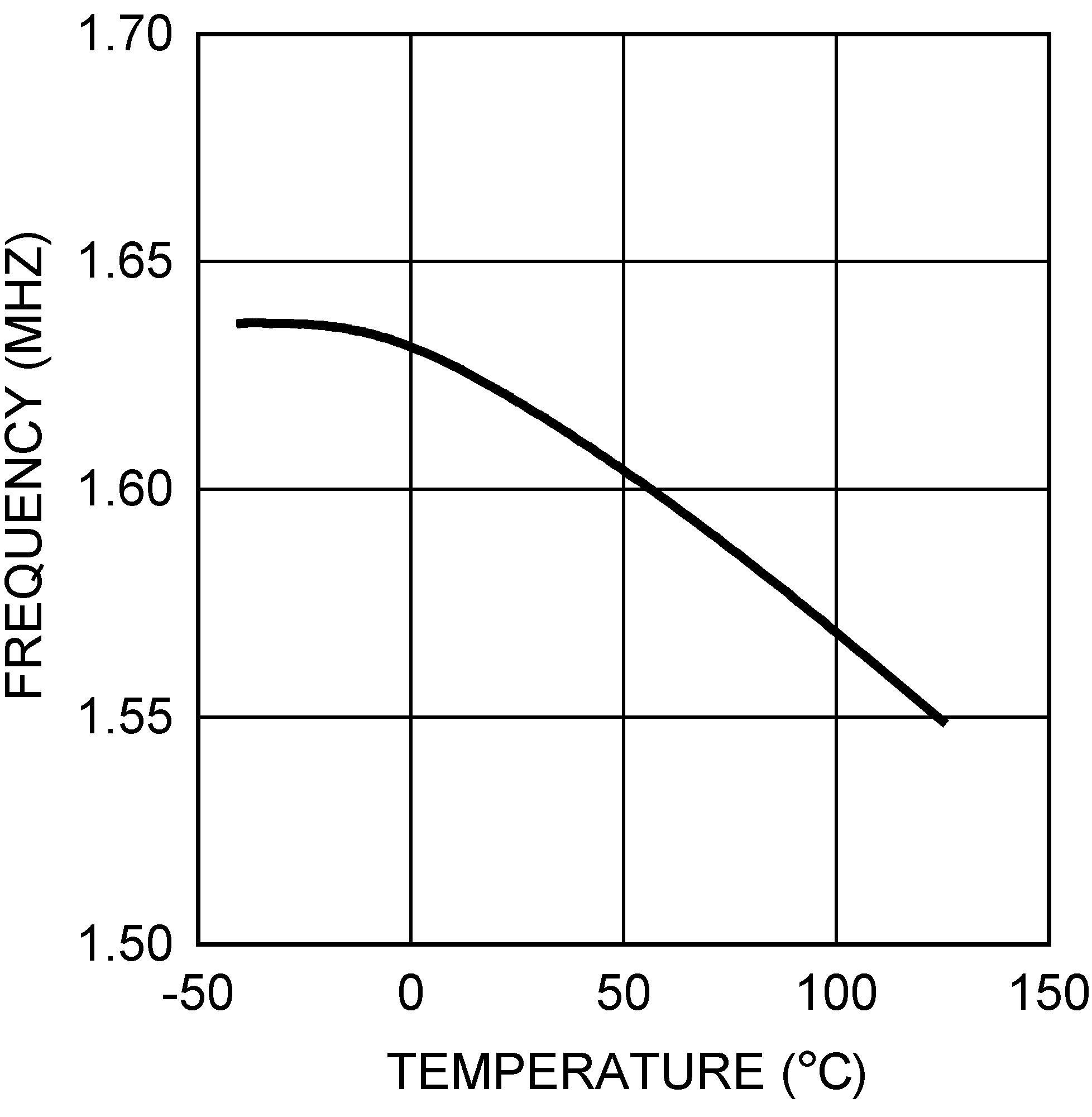 Figure 3. Oscillator Frequency vs Temperature - "X"
Figure 3. Oscillator Frequency vs Temperature - "X" 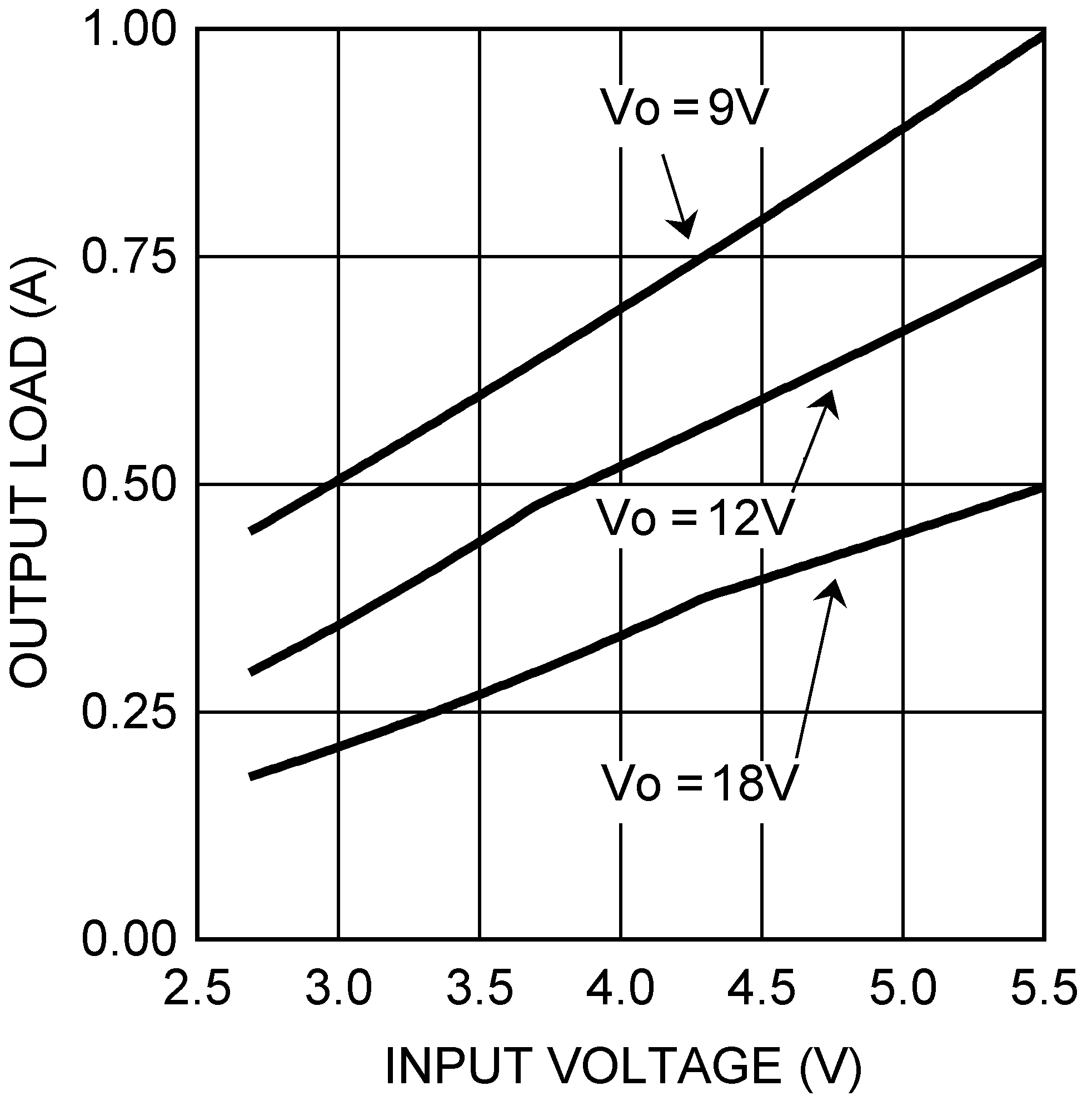 Figure 5. Typical Maximum Output Current vs VIN
Figure 5. Typical Maximum Output Current vs VIN 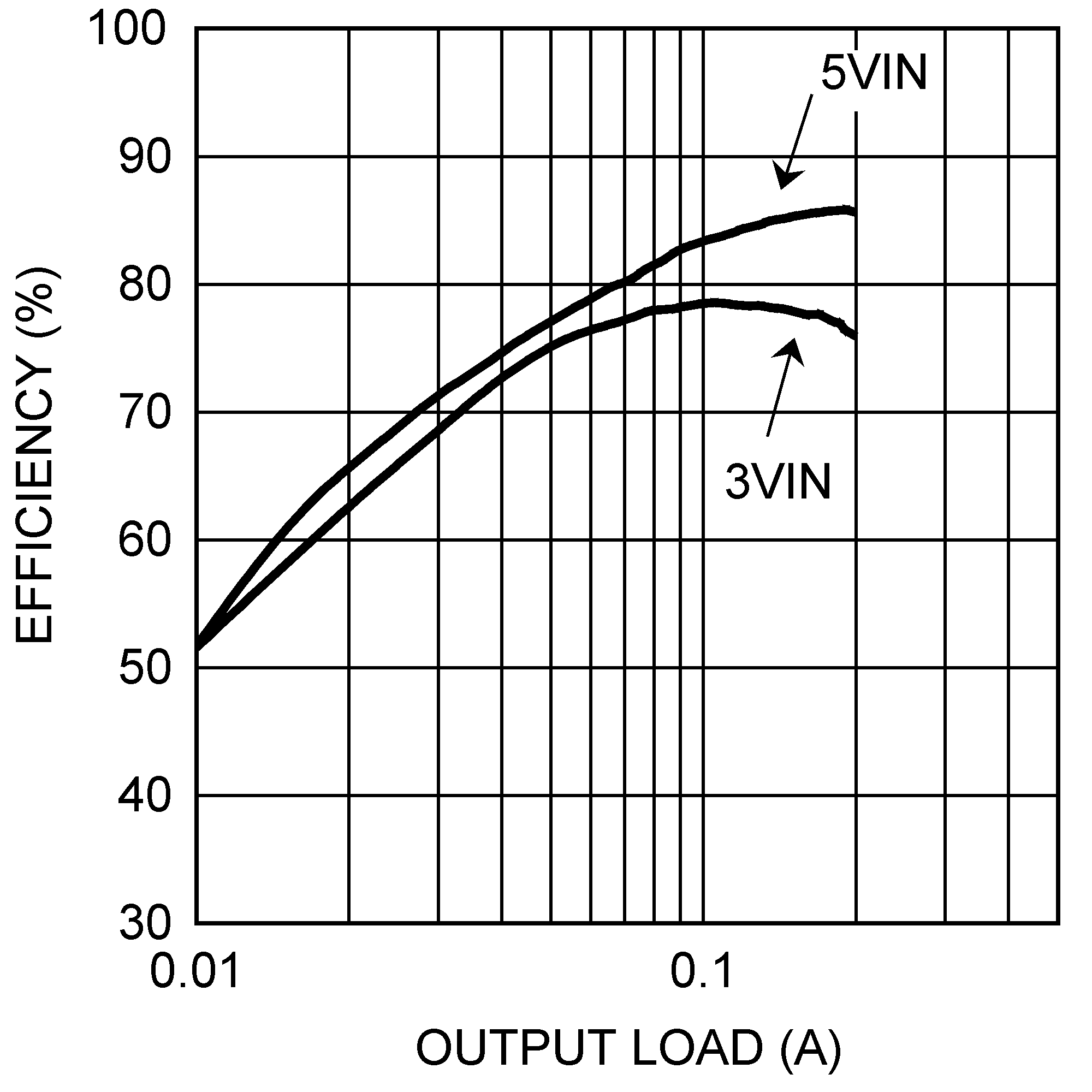
VO = 20 V
Figure 7. LM2735X Efficiency vs Load Current 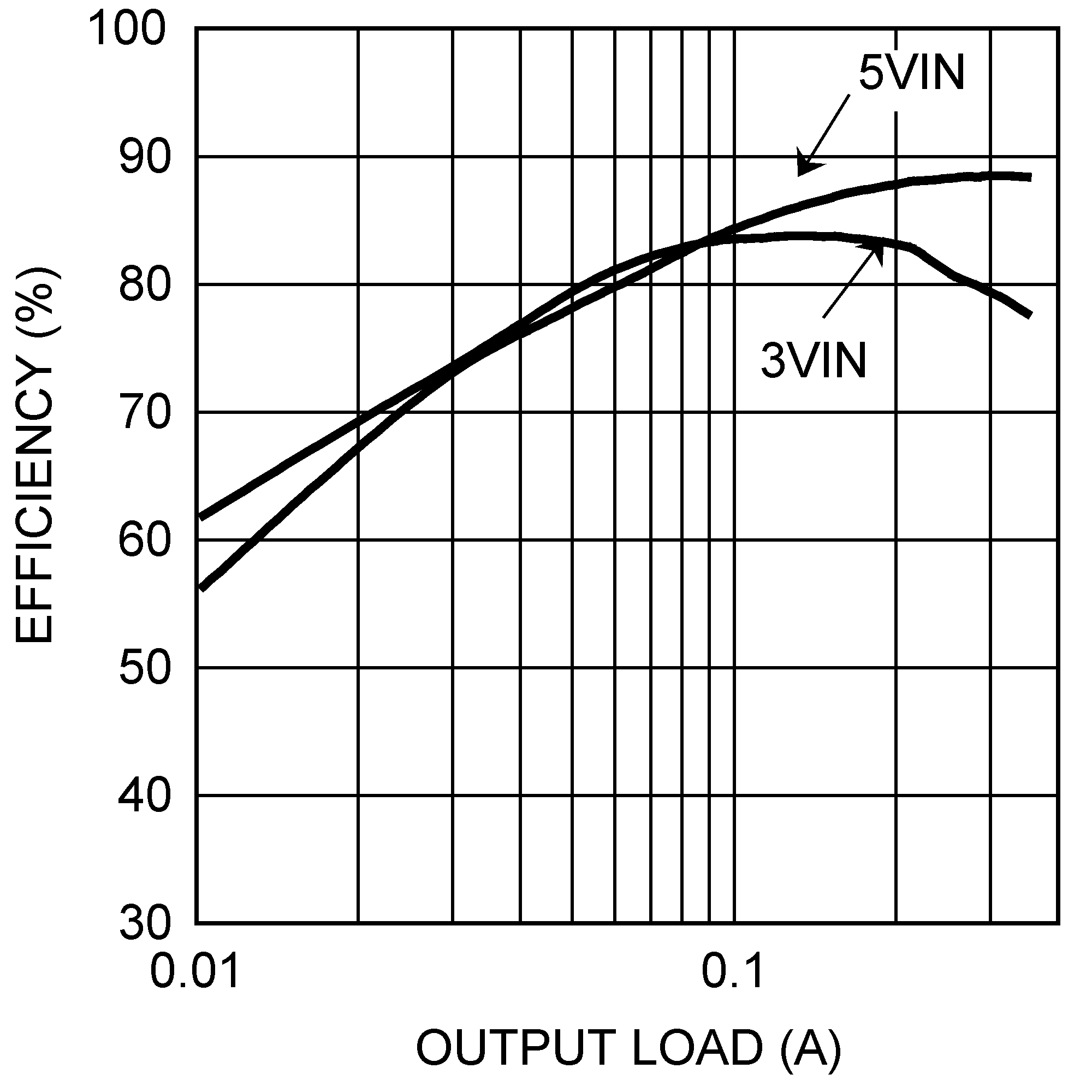
VO = 12 V
Figure 9. LM2735X Efficiency vs Load Current 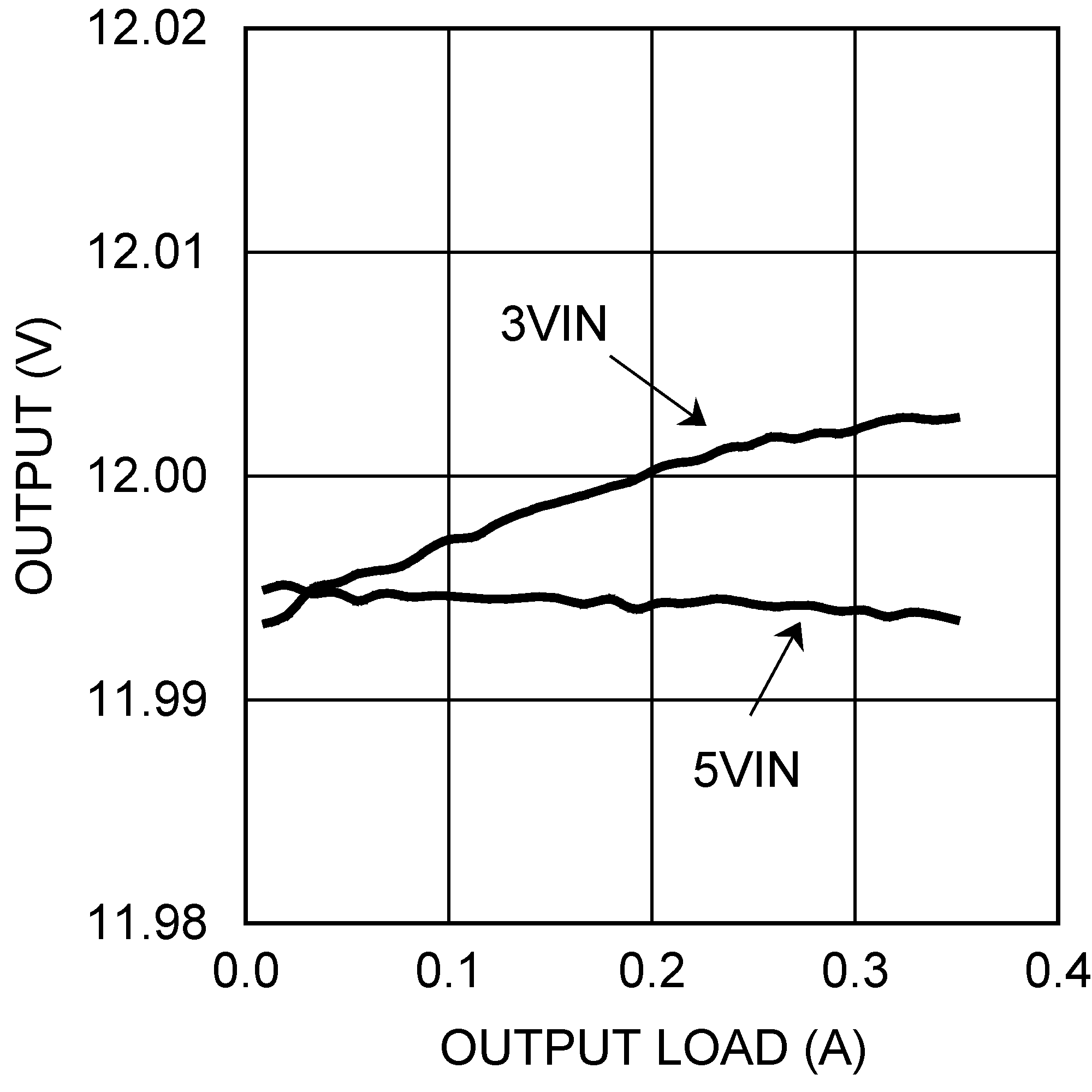 Figure 11. Output Voltage Load Regulation
Figure 11. Output Voltage Load Regulation 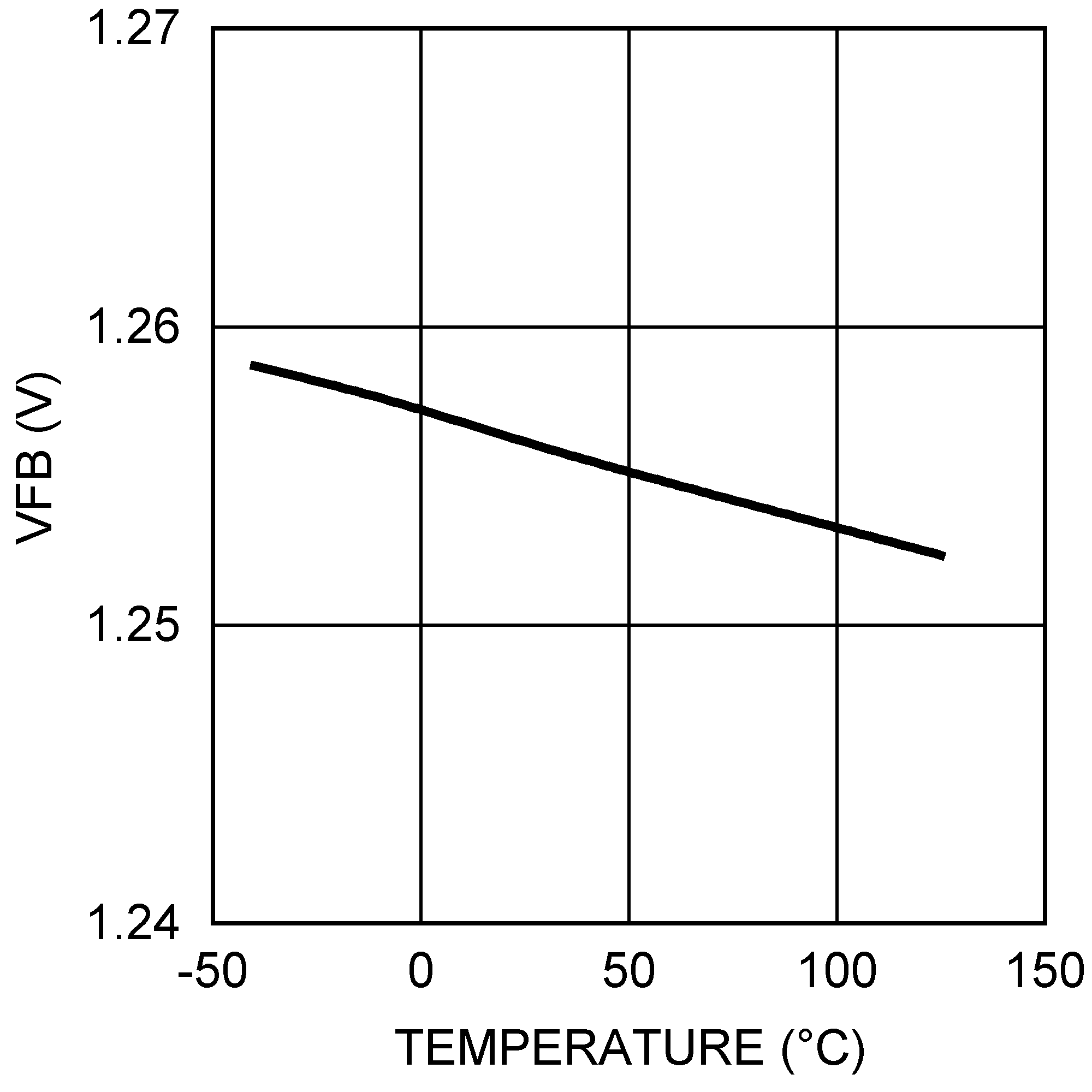 Figure 2. FB Pin Voltage vs Temperature
Figure 2. FB Pin Voltage vs Temperature 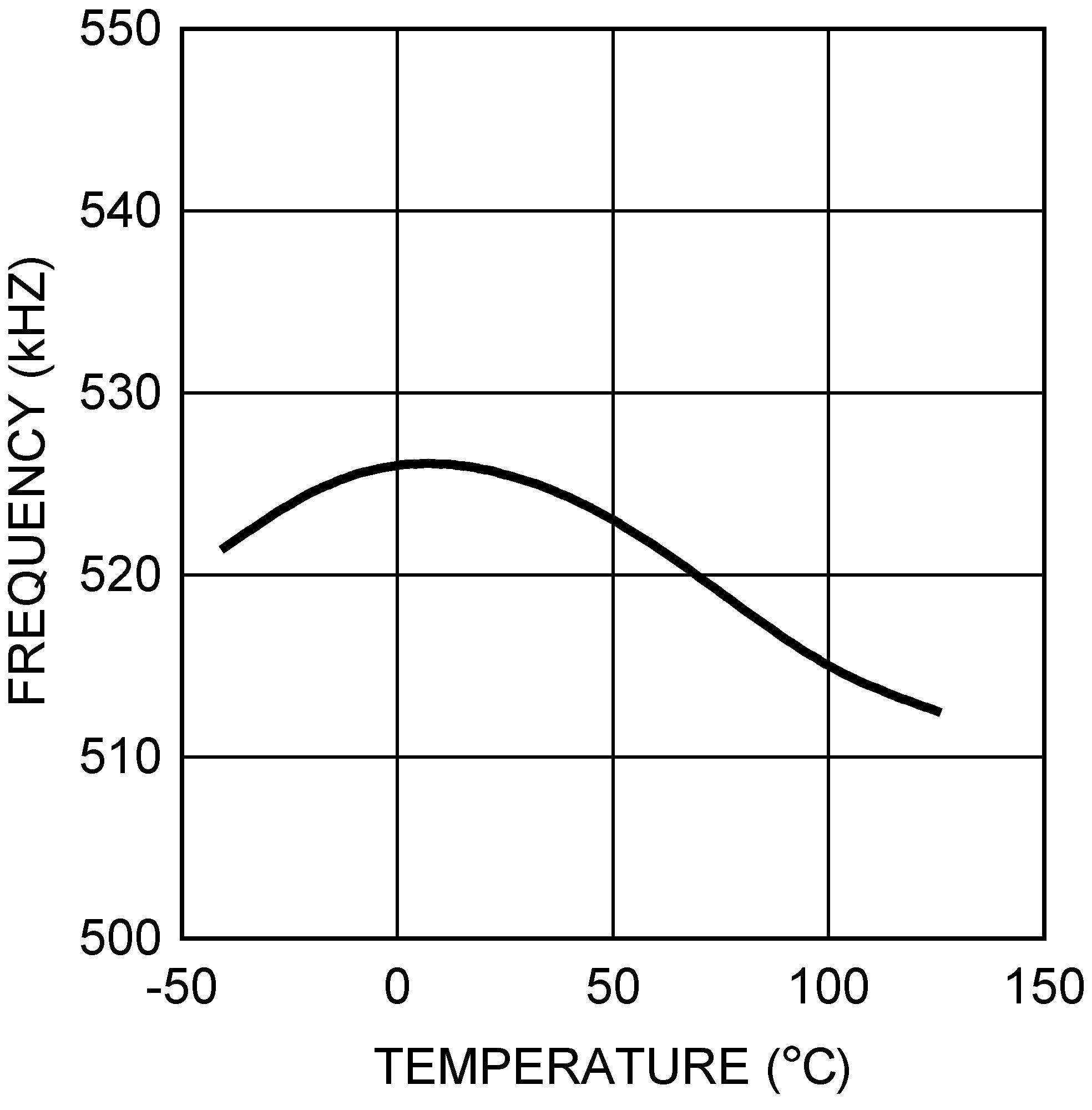 Figure 4. Oscillator Frequency vs Temperature - "Y"
Figure 4. Oscillator Frequency vs Temperature - "Y" 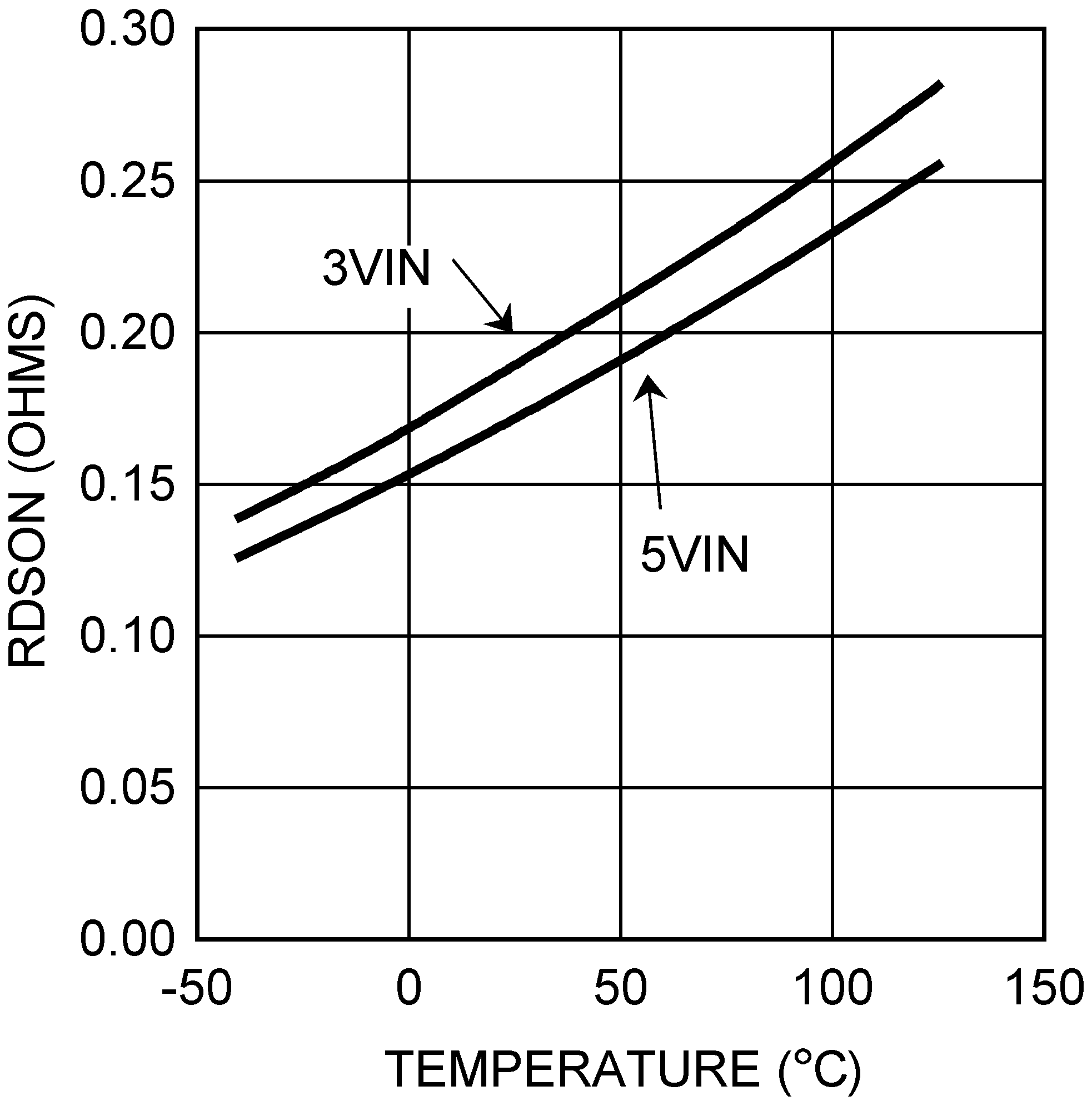 Figure 6. RDSON vs Temperature
Figure 6. RDSON vs Temperature 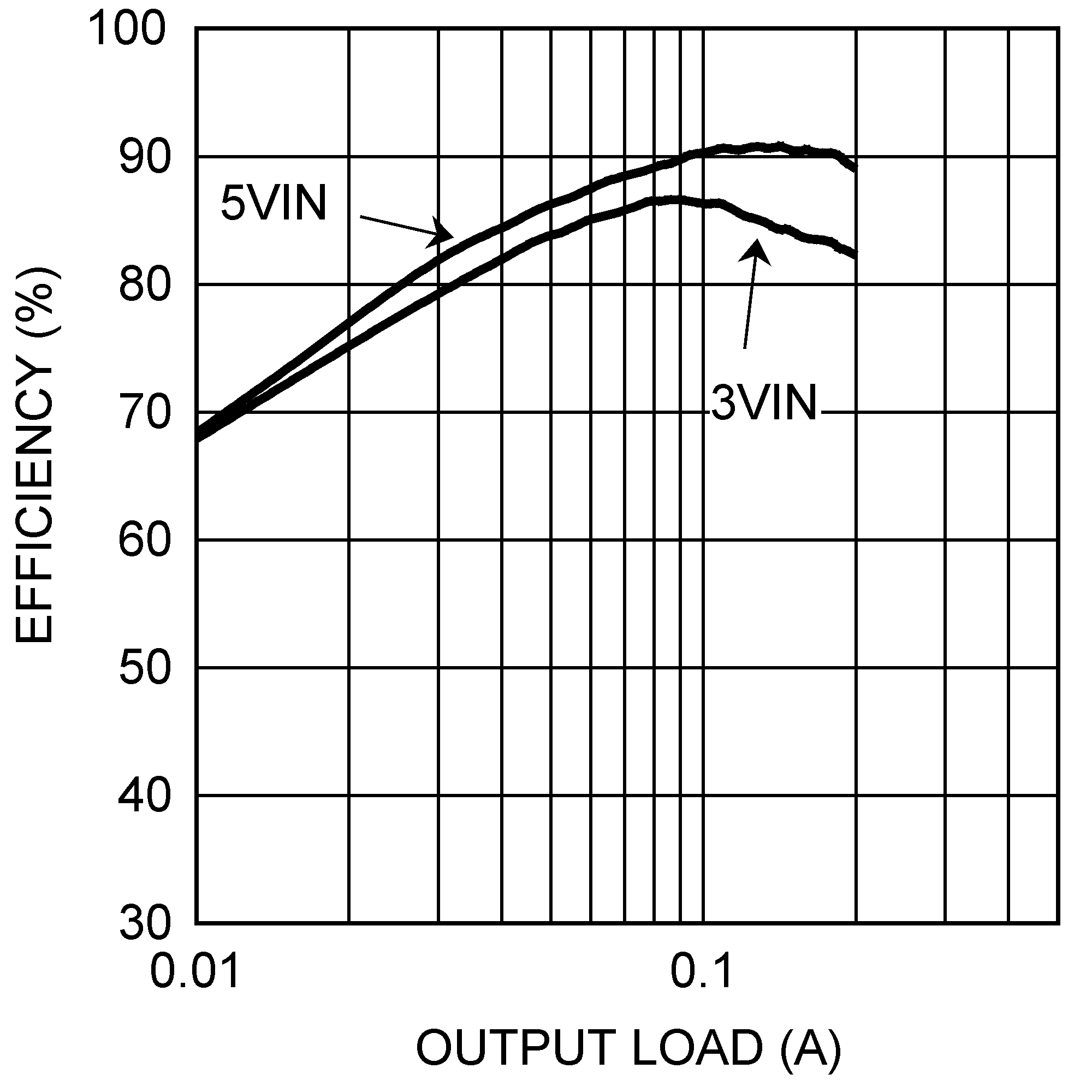
VO = 20 V
Figure 8. LM2735Y Efficiency vs Load Current 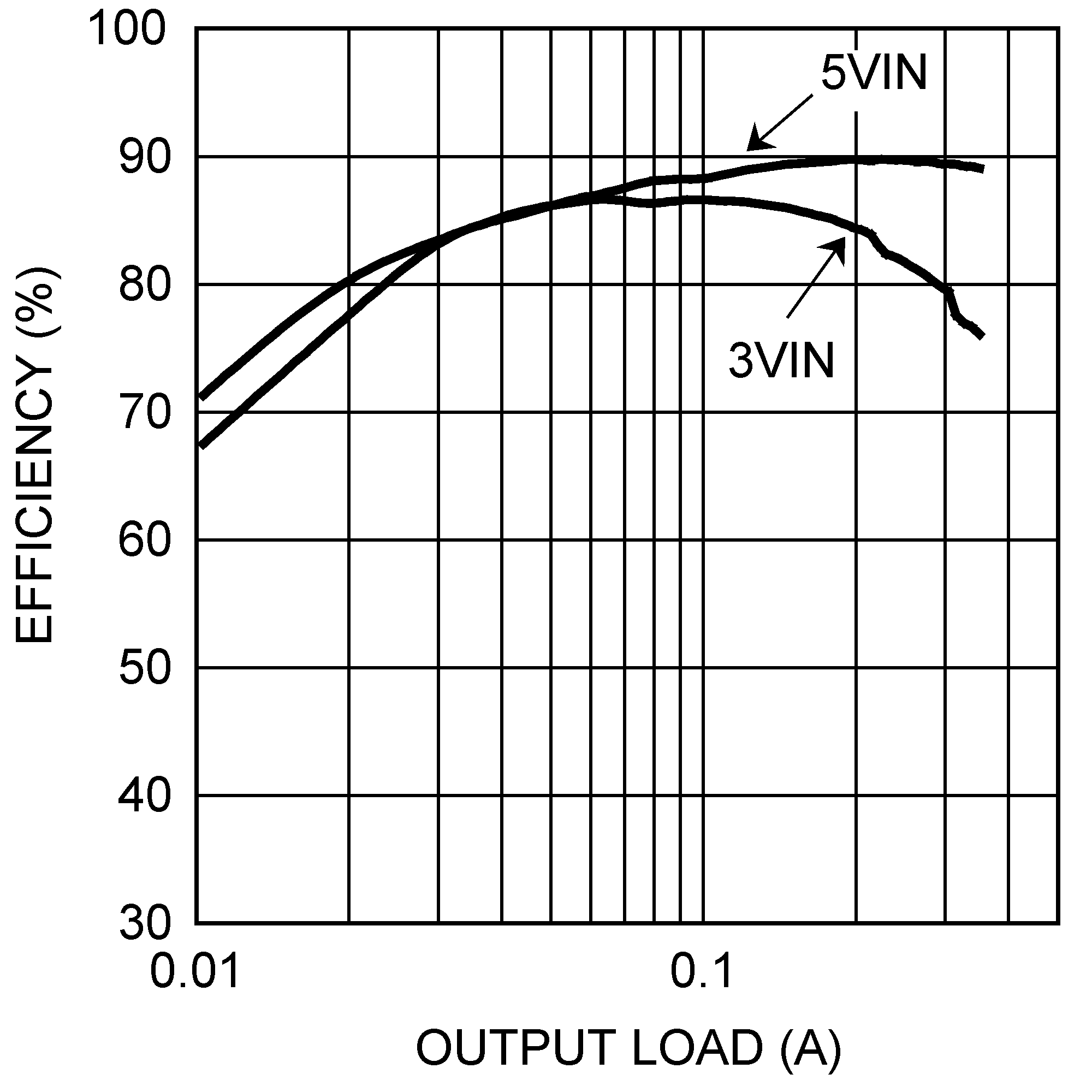
VO = 12 V
Figure 10. LM2735Y Efficiency vs Load Current 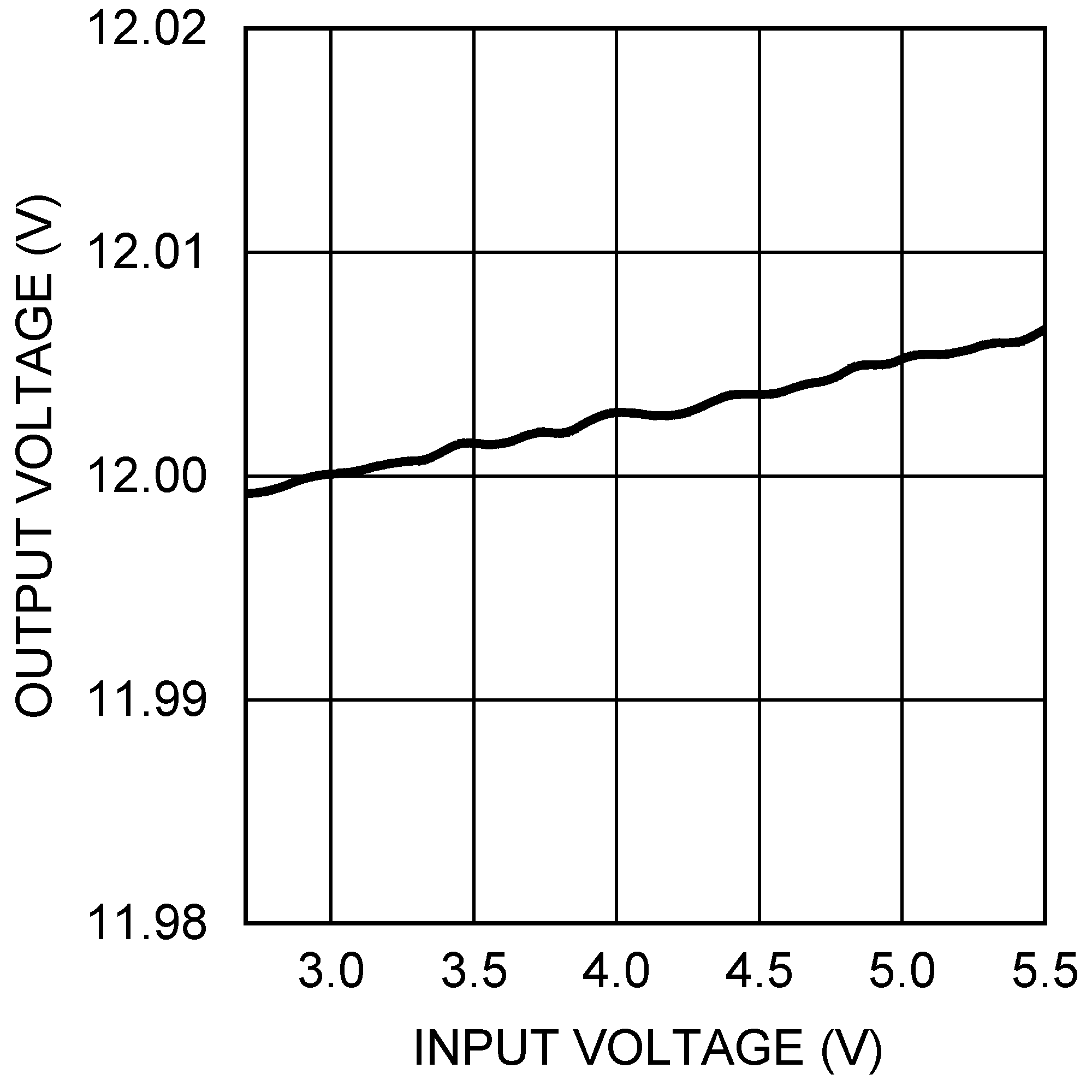 Figure 12. Output Voltage Line Regulation
Figure 12. Output Voltage Line Regulation